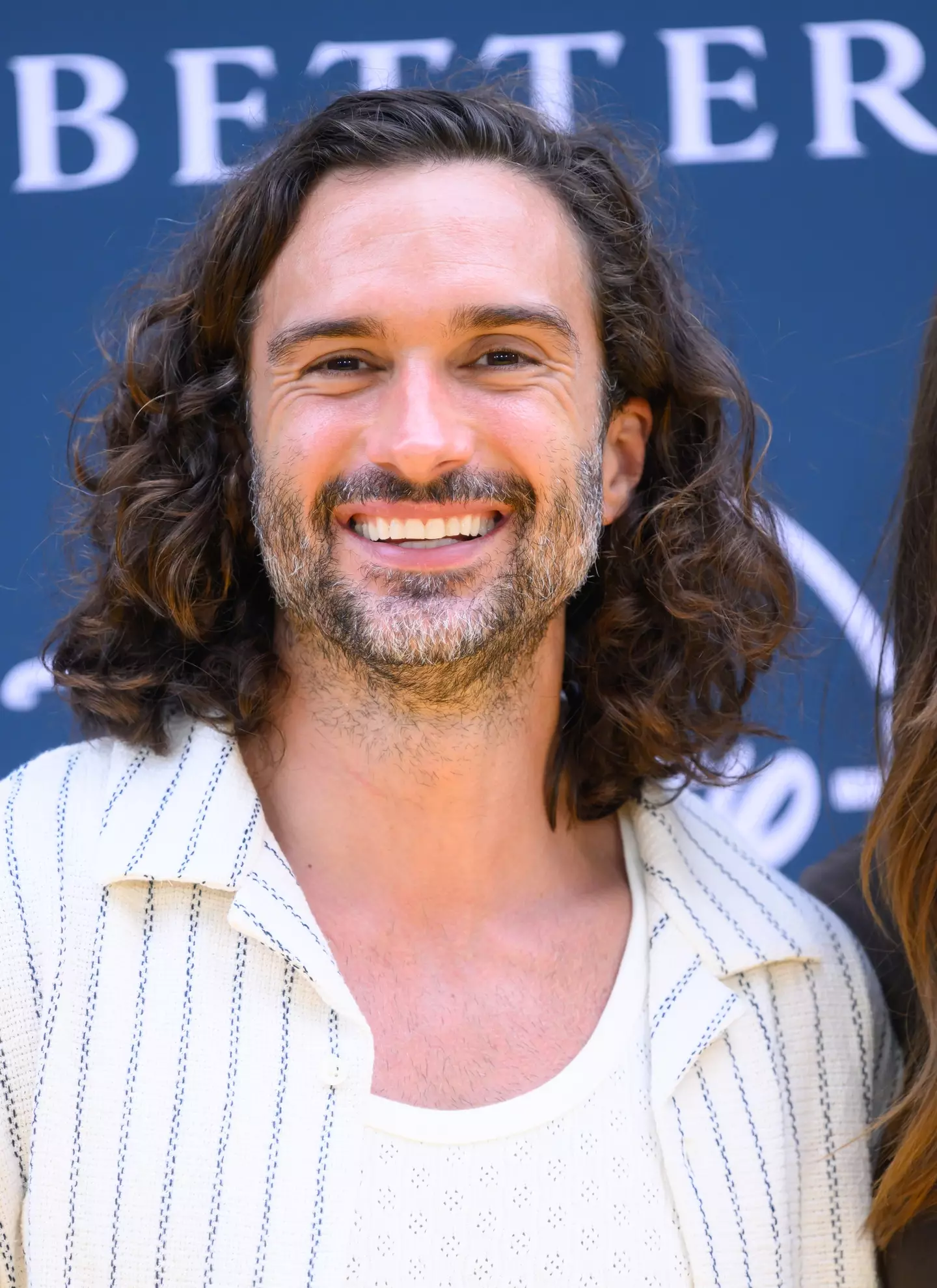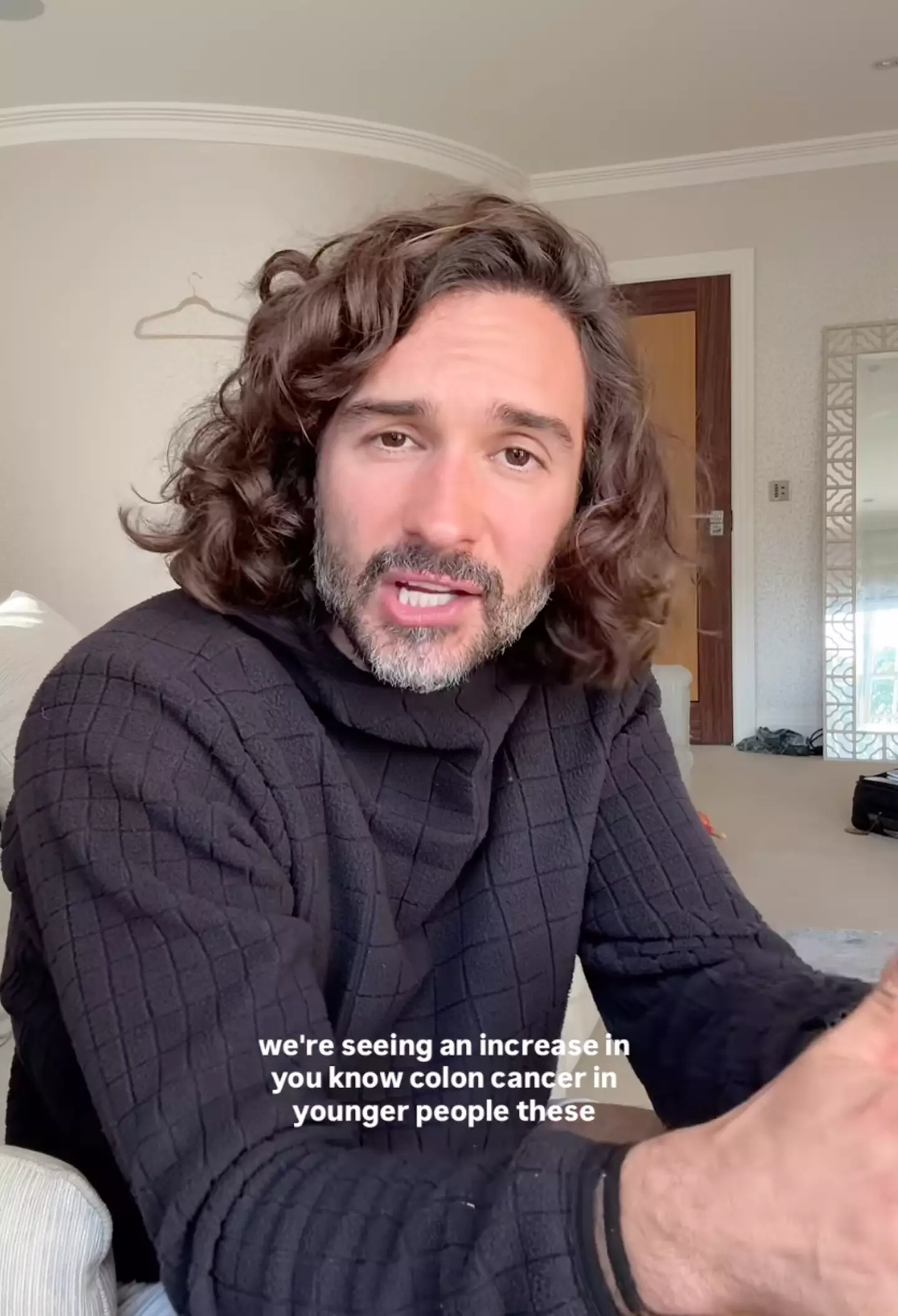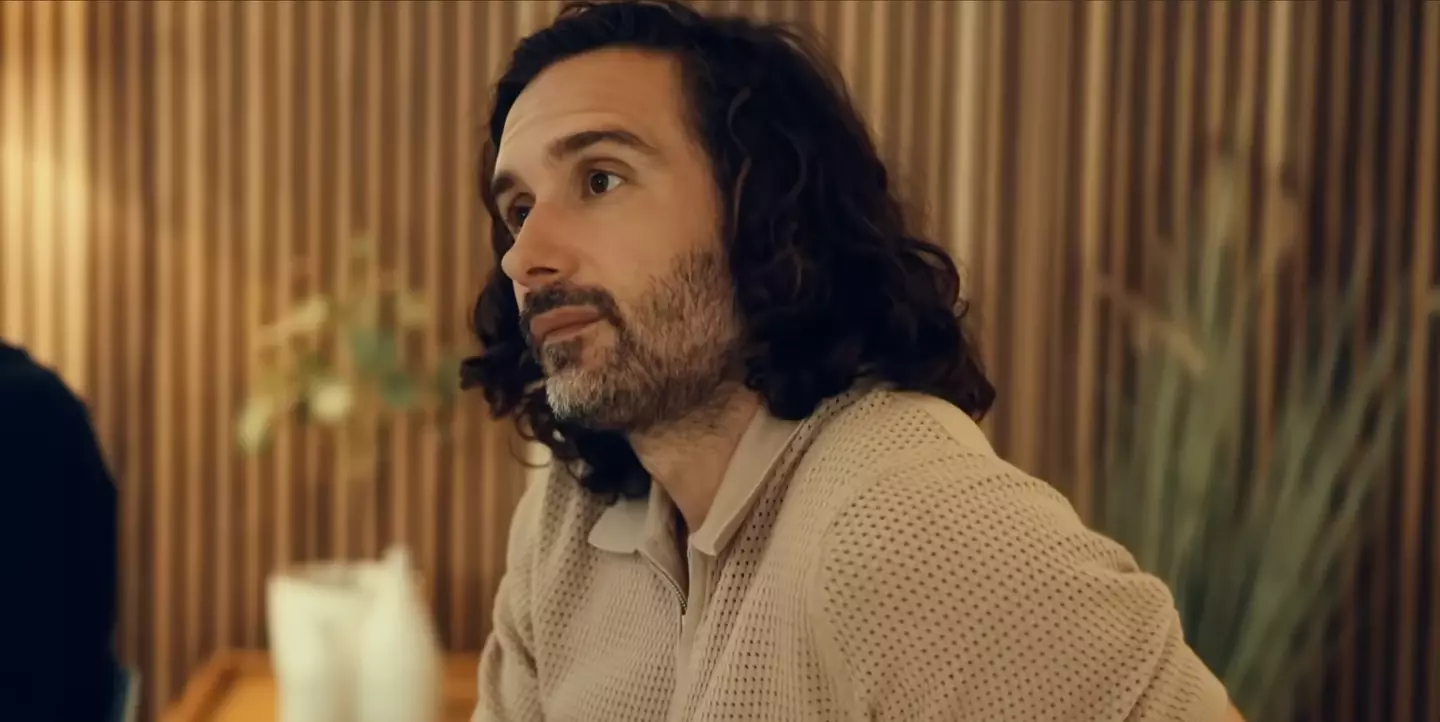
Fitness influencer Joe Wicks has spoken out for the first time since the release of his documentary looking into protein bars.
The programme, entitled Joe Wicks Licence to Kill, took a deep dive into the industry which manufactures the protein bars which are hugely popular as a quick snack for many people.
Part of the documentary saw Wicks designing his own 'killer protein bar', which sparked a backlash online at the shock tactics.

Advert
"This is too far," one person commented on Instagram, adding: "Imagine pushing this narrative during a cost of living crisis when people are more confused about food than ever!!
"The risks of demonising UPFs outweigh any benefits of cutting them out, especially when we all know deep down that moderation is key. You’ve gone from making fitness accessible to dividing people & cherry picking data to push your own problematic eating behaviours onto others."
Another person echoed: "I’m an eating disorder recovery coach and your name is persistently arising recently. In the worst way possible. You have such a big platform and your use of it is deplorable of late.
A third posted: "This is really disappointing, especially coming from a Dad. This biggest I risk here seems to be scaring people and demonising food."
Wicks has now taken to social media to respond, explaining that he had hoped to lift the lid on exactly how the bars are made and offer some transparency into the production process, which would in turn allow people to make more informed decisions about what they're eating.

At the same time, Wicks acknowledged that he wasn't going to stop people eating the bars altogether, and explained that he wouldn't want to do that anyway.
The fitness influencer posted to his Instagram page to share a video following the release of the documentary with Channel 4.
Addressing his 4.7 million followers, he said: "Ultimately it isn't just about protein bars, it's about the ultra-processed food system and the ingredients and the marketing and the labelling behind this s**t that is not fair, it's not honest, it's not really clear and transparent.
"The documentary is about putting pressure on the government to change the labelling, be honest about the ingredients, and be truthful to consumers. It's really about giving people more knowledge about the decisions they make.
"Of course we're still going to eat it, you're never going to ban these foods, I don't think you can or will, that's not going to happen, but this conversation would not be happening, I would not be making this documentary if we were, as a population, eating this stuff in moderation."
Wicks went on to draw attention to the impact of ultra-processed foods on public health in the UK.
He said: "I don't ever tell people how to eat, but when 80 percent of a child's diet in the UK is now coming from ultra-processed food, something's going wrong.

"We're seeing an increase in type 2 diabetes and obesity."
He added: "These are things we have to talk about, it's difficult and it's triggering and it's provocative talking about and confronting the potential ingredients that we're including in our diet and giving to our children are potentially leading to an increased risk."
Explaining why he decided to work with Channel 4 on the documentary, Wicks said: "It's about putting something out in the world that really hopefully could make a difference."
In a number of reviews, the documentary has been praised for lifting the lid on what really goes in our food, with Guardian reviewer Jack Searle branding it 'TV so vile you’ll never touch a protein bar again'.
The Times' Carol Midgley also praised 'down-to-earth Wicks' for his efforts, describing the documentary as 'brave television'.
Topics: Health, UK Food, TV and Film, Social Media, Instagram
